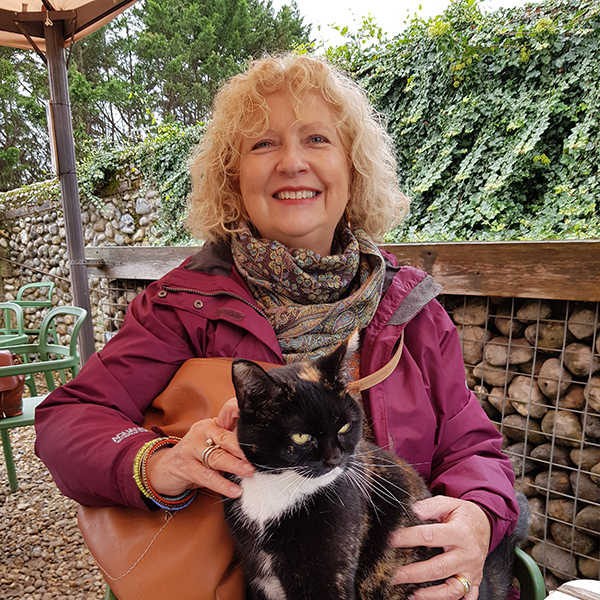Could it be that there is a place for sensual expression when sex isn’t possible or no longer desired? In some relationships, sexual expression can diminish over time. This might be even more likely when one partner has a dementia and there are changes in the dynamics of the relationship.
Enjoying the whole array of our senses, what we hear, what we see, how we feel or touch, what we taste and what aromas are around are all parts of the joys of being alive. There are many different ways in which we can explore our sensual needs other than just being in a bedroom.
There are many ways in which we can support individuals or couples to enjoy touch, connection and romance.
Obviously, what people can introduce and engage in safely will depend upon the unique circumstances of the people involved . But together we can become quite creative and things that people thought were no longer possible, with a bit of forethought and planning, can be possible for longer.
Living with Covid-19 for now, we will need to make adjustments to all that we are discussing in order to keep one another safe and to adhere to government guidance and regulations.
These sensory experiences can include how foods and beverages are presented. Who doesn’t enjoy a favourite meal or afternoon tea or morning coffee in lovely surroundings? Even a glass of sparkling water or cranberry juice in a beautiful crystal glass makes a difference to the experience.
What about a romantic dinner with candles and waiter style service in a private location in a care home where a couple can enjoy a restaurant-like experience?
Or how about a shared shower or bubble bath? How many care homes have considered this as a possibility for a visiting spouse or partner? Why might this be a taboo when it is something many couples enjoy
Giving a head, shoulder or hand massage – this tender attention to a person can be particularly precious when they not longer receive regular visits from a partner, family or friends.
Inviting couples to create a playlist of favourite music to play. Dance music or songs connected to shared memories can prompt couples to touch and hold each other whilst they dance or sing together.
Who might you talk to about helping you to make some changes in your routine and introduce ways to explore and enjoy various aspects of sensuality and romance?
The key is to be willing to try to make those changes.
It’s important to remember that a person doesn’t have to have a partner to enjoy sensual experiences. The wonderful feeling of silk or fresh Egyptian cotton against the skin, the smell of old leather in a favourite sports car, the sound of crashing waves on a beach, the thud of a tool in your hand, the fur of a dog or a cat can all provide sensory pleasures – both comforting and energising. These experiences reach across gender and age. These are aspects of life that many of us might imagine still being enjoyable and life affirming whether we are living with a dementia, or not.
Of course, the practicalities change over time, and may make some of these sensualities seem impossible. So then, we move onto the other senses. We have five to explore after all! The luxury of the perfect piece of chocolate cake, or strawberries, ripe, red and fresh from the garden can still be delighted in.
Watching a sunset together with a glass of wine or a preferred beverage stimulates memories and enhances shared intimacy.
These are just a few suggestions and I’m sure that you have your own. Romance does not need to die if someone moves into a care home. These occasional treats can remind us of the little things that make a difference, make someone’s day better and our caring connections stronger.
Danuta Lipinska is a Specialist in Ageing and Dementia Care and the Author of ‘Dementia, Sex and Wellbeing – a Person-Centred Guide for People with Dementia, Their Partners, Caregivers and Professionals’, Jessica Kingsley Publishers, 2018
This blog is an extract from a Webinar delivered by Danuta to Dementia South Africa in March 2021


